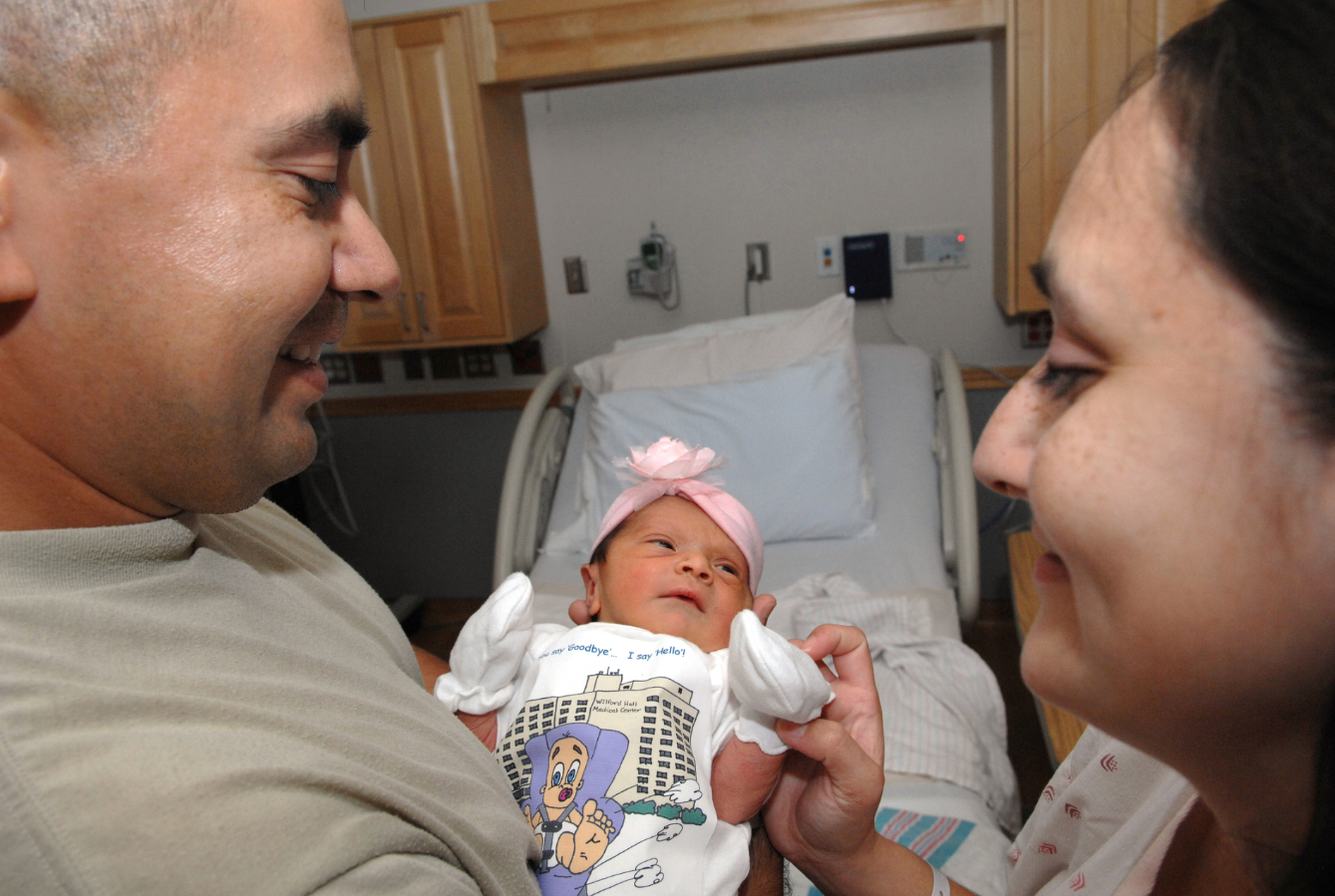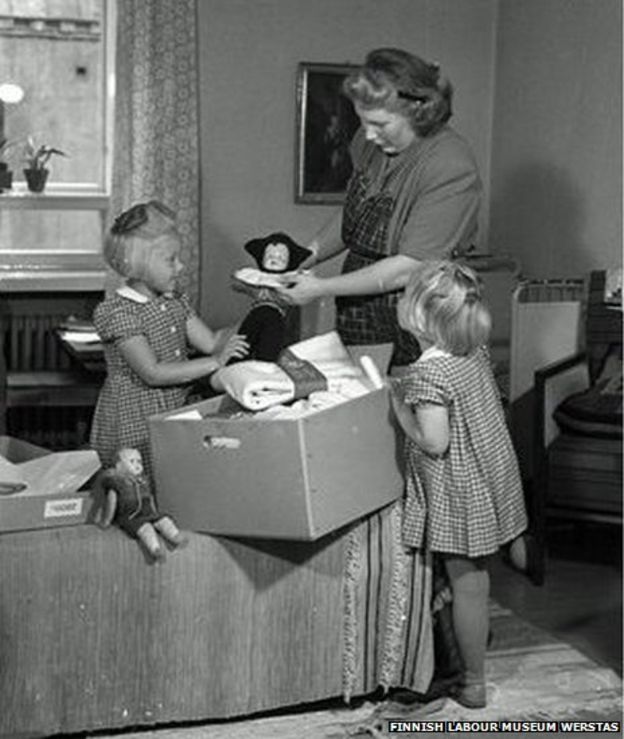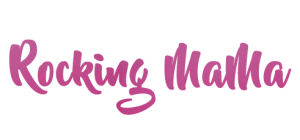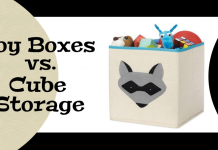Tips for new parents
It’s an exciting time, you’ve just had your first baby. You’ve survived that crazy nine months that led to labor and delivery. Now, there is a new center to your world. This is where the panic sets in. You’re starting to feel overwhelmed, but it’s not a bad thing. Your responsibilities may have changed but now they support the greatest cause of all – raising your child.
First, there is no shame in seeking help after the birth. When you’re in the hospital you should ask the resident experts on feeding and lactation for a bit of consultation. They will help get you started with either breast or bottle feeding. Plus, you can be taught how to properly hold, burp, change and care for the little one. You’ll be nervous at first, but it won’t be long before you’re over it. Soon you’ll be handling your baby like a pro who commands a nurturing environment.
The hospital may even be able to provide resources for finding in-home help. There could be a responsible local teenager who has established themself (we can’t all afford a nanny after all) or you may be referred to home health agencies. And if you have relatives in the mix who are more than willing to lend a hand, by all means allow them. You may find yourselves in disagreement from time to time with your newfound help, but be open-minded – they likely speak from hard earned experience. They offer knowledge and advice you could benefit from.
Obviously your life is changed with a child. It’s a wonderful thing; don’t ever look upon it as a damper. If you typically have your friends over often it’s ok to restrict those visits now. After all, you need time off to get a handle on this profound change. The frailty of your child is a little scary, “handle with care” takes on all new meaning. Remember to always wash your hands before handling any newborn (and that applies to anyone else handling the baby). They don’t have fully developed immune systems and are quite prone to infections.
When holding the child, always support its head and neck. Cradle it with care when carrying it, keeping its head supported at all times, even when laying it down. Don’t shake the child. If this were done forcefully it could cause internal bleeding and even death. Even if it’s just an attempt to wake it, be mindful – don’t resort to shaking. Tickle its feet, instead, for a happier reaction. The baby needs to be secure, don’t toss it into the air, and be sure it is always tightly fastened in a stroller, carrier or car seat as applicable.
Possibly the most unpopular common task of baby rearing is of course the changing of the diapers. You can expect a baby to dirty them ten times a day. Be certain to have the right supplies on hand. They include a clean diaper, fasteners, ointment (for rashes), water, a clean washcloth, baby wipes or cotton balls.
When the diaper becomes soiled, lay the baby on its back and remove the offending diaper. Wipe the dirtied area clean. When changing a girl’s diaper, wipe her clean form front to back, doing so could prevent a urinary tract infection. Be preventive of rashes by applying ointment. It probably goes without saying, but you must wash your hands thoroughly when done.
Before you know it, your baby will be potty-trained and taking bath/showers without assistance. But in the meantime, it’s up to you to keep the lil’ scamp clean. A gentle sponge bath will suffice for the first few weeks you have him/her home. Thereafter a tub bath about three times a week is ideal. The Finnish government has a good example of necessary supplies such as a clean washcloth, baby soap & shampoo, a soft brush, towels and blankets, a clean diaper and clean clothes. If the baby is too resistant to the tub bath, return to sponging until you are ready to try again a week or so later.
You should have an infant-sized tub that fits into a full size one. Fill it with only two to three inches of warm water. Test the temperature – it should not be too hot. With one hand to support the head, use the other to guide the baby in the water feet first slowly up to the chest. With a washcloth, wash his or her face and hair. Using the baby brush gently massage the scalp. Be mindful not to get soap in the eyes when rinsing the head off. With a small bit of soap gently wash the rest of the body.
Keep the baby covered with warm water so it doesn’t get cold. When finished, immediately wrap him/her in a towel, covering the head. You may want to invest in baby towels with hoods. You probably already live by this, but leave your baby unattended as briefly and rarely as possible.
See more baby tips designed to help new parents adapt to their new responsibilities with ease.









